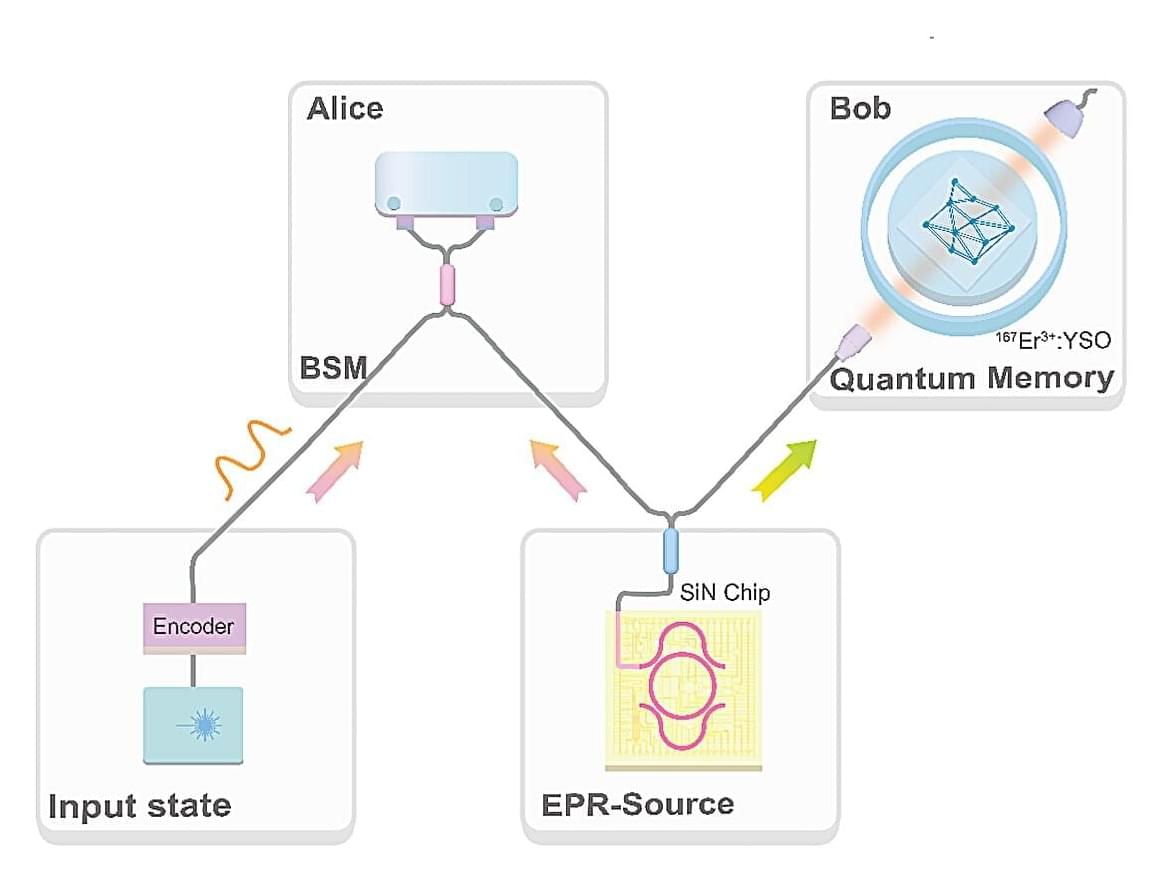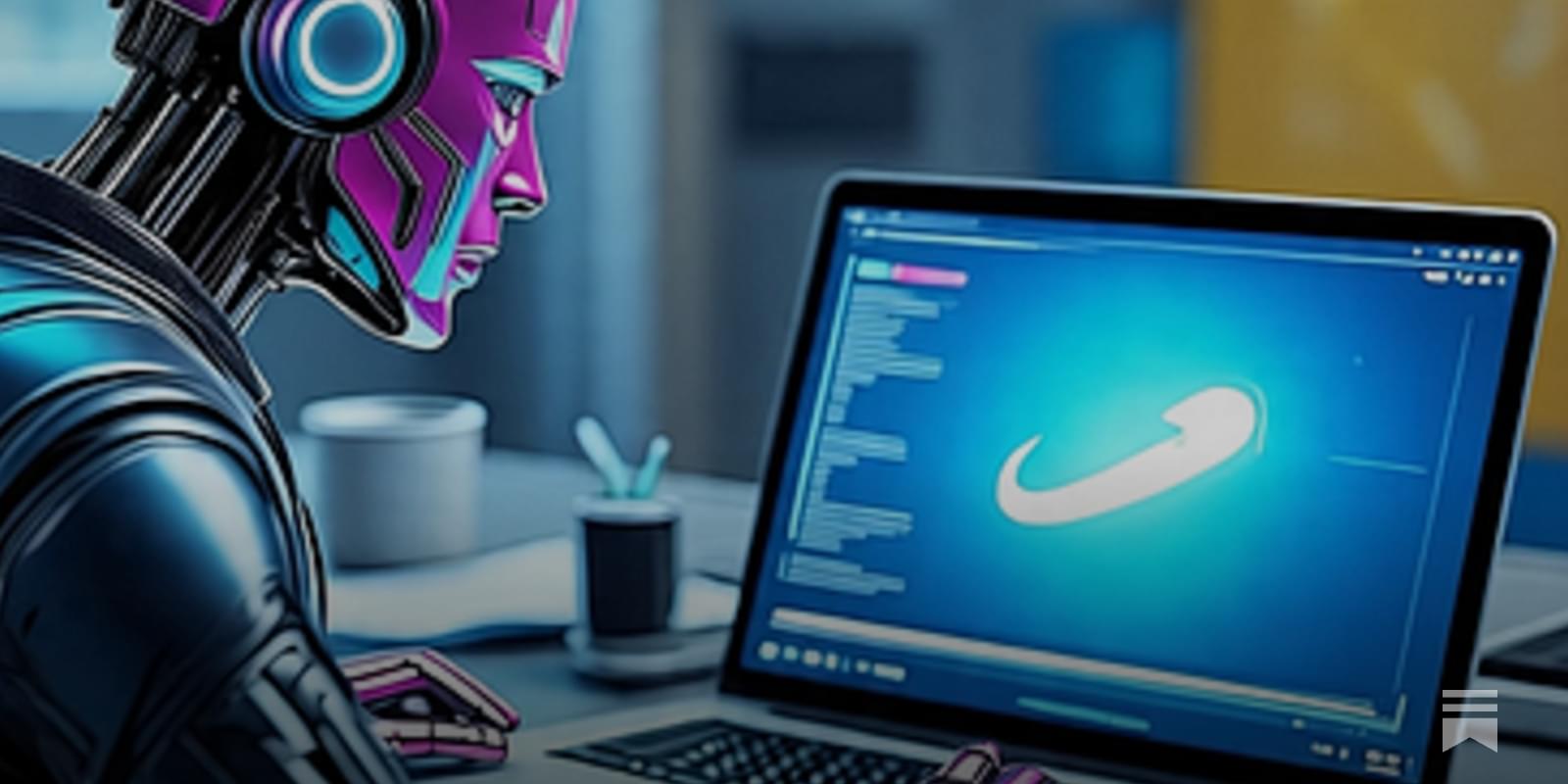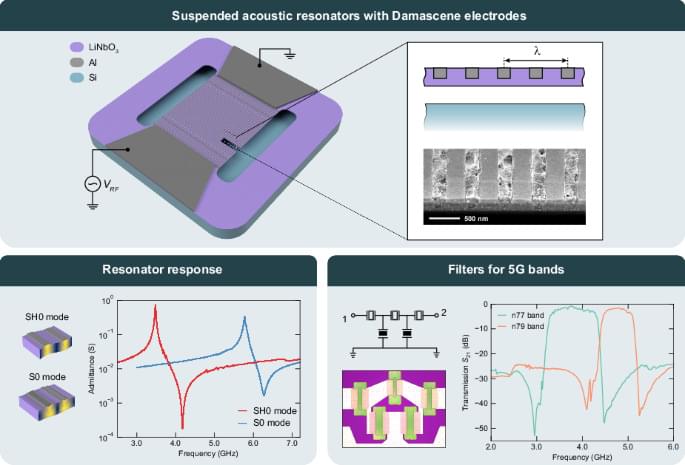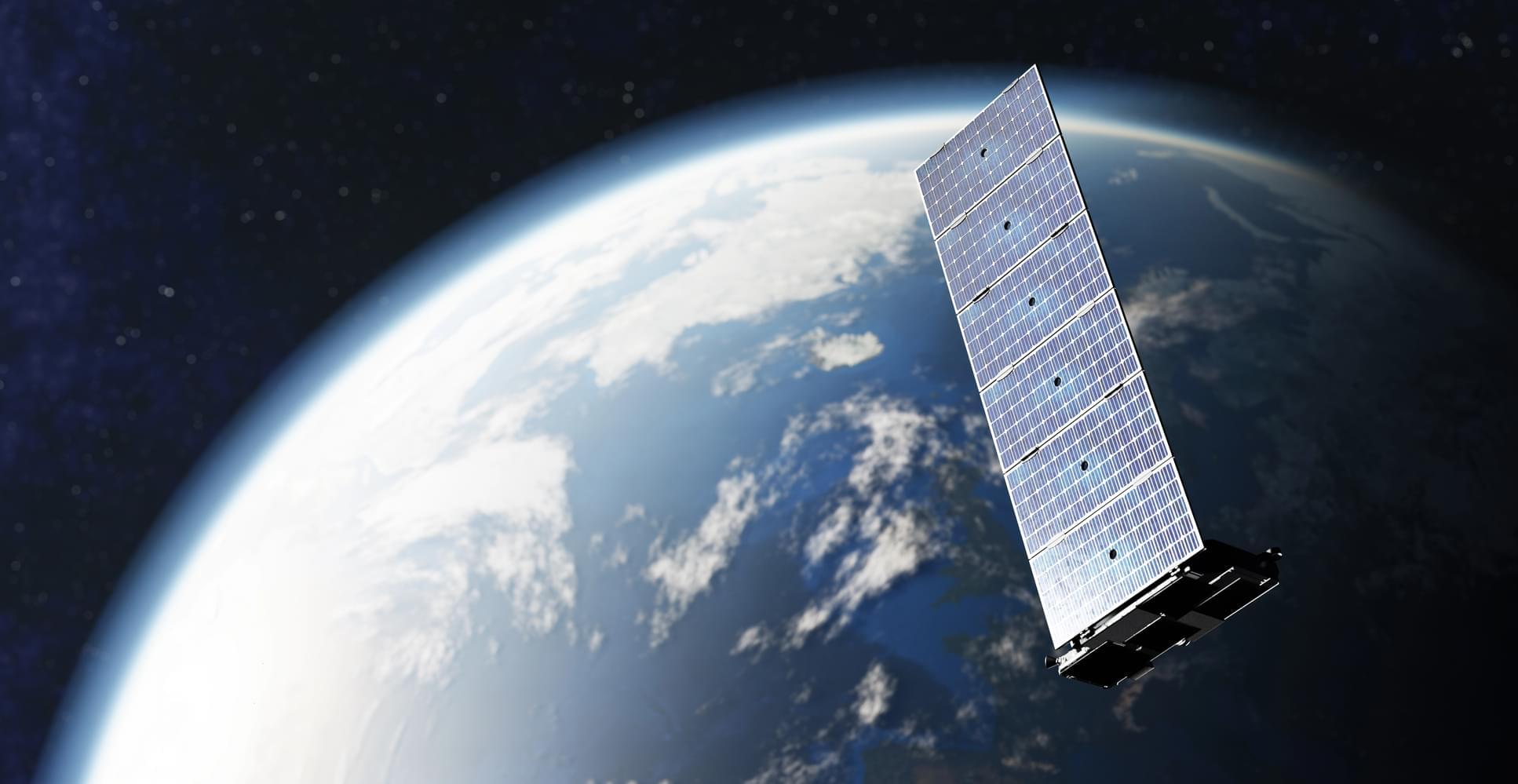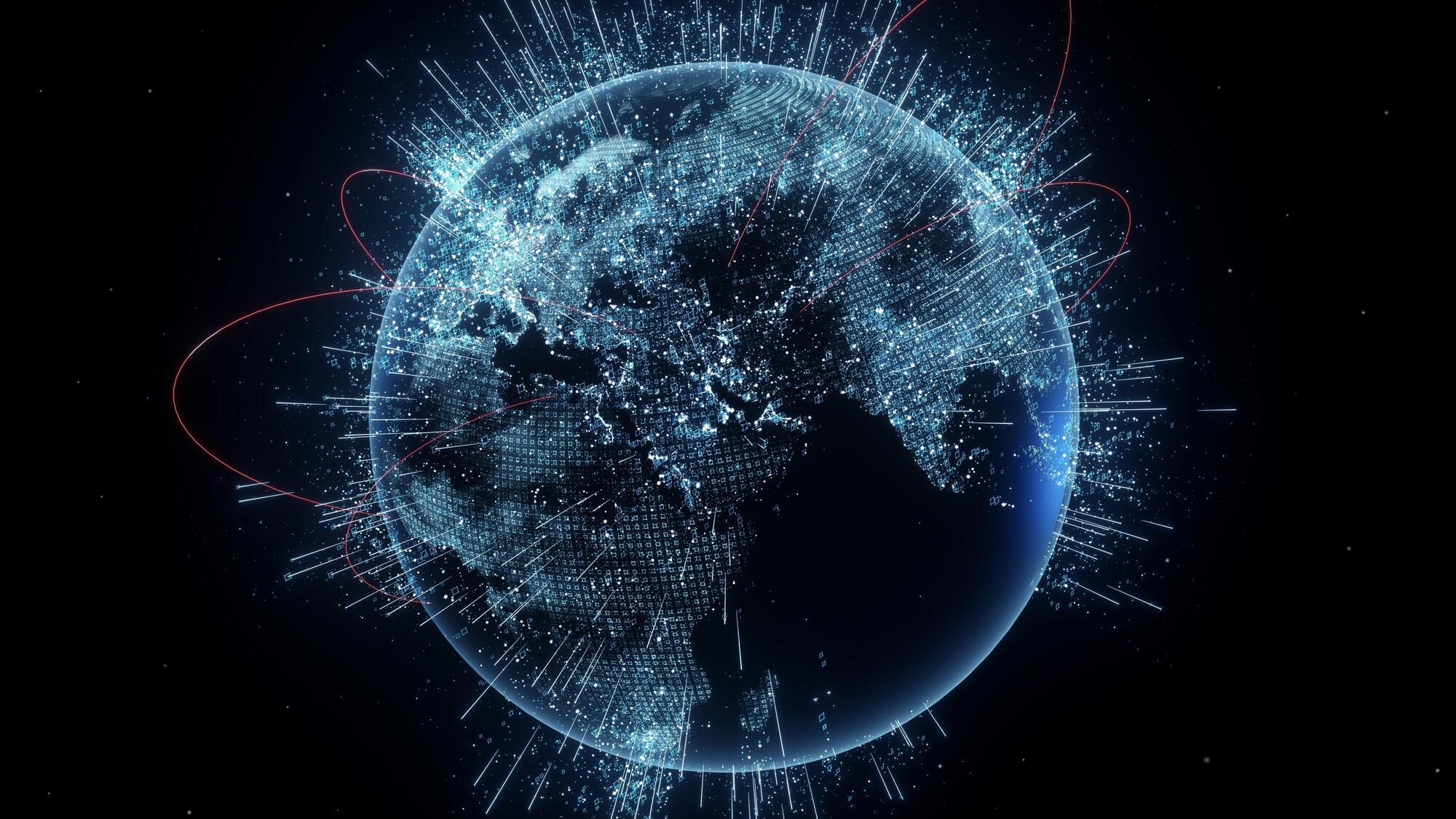The development of more advanced technologies to process radiofrequency signals could further advance wireless communication, allowing devices connected to the internet to share information with each other faster and while consuming less energy. Currently, radio frequency signals are processed using software-defined radios (SDRs), systems that can modulate, filter and analyze signals using software rather than hardware components.
Despite their widespread use, these systems rely on purely digital hardware in which computing and memory modules are physically separated, leading to constant data shuttling between the two and hence extra energy consumption. Furthermore, the extensive use of circuit components known as analog-to-digital converters (ADCs), which convert incoming radiofrequency signals into digital values that can then be processed by digital computers, often results in processing delays (i.e., latency) and substantial energy consumption. Electronics engineers have thus been trying to develop alternative systems that can directly manipulate signals in their original (i.e., analog) form, which would reduce the movement of data and lower energy consumption.
Researchers at the University of Massachusetts Amherst, Texas A&M University and TetraMem Inc. recently introduced a promising new system for processing analog radiofrequency systems, which is based on non-volatile memory devices known as memristors integrated on a chip. Their proposed system, presented in a paper in Nature Electronics, was found to process radiofrequency signals significantly faster and more energy-efficiently than existing SDRs.


